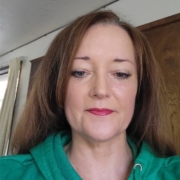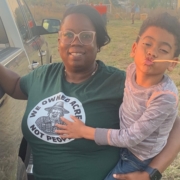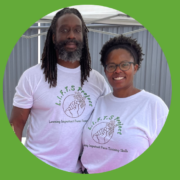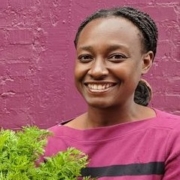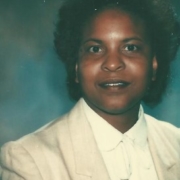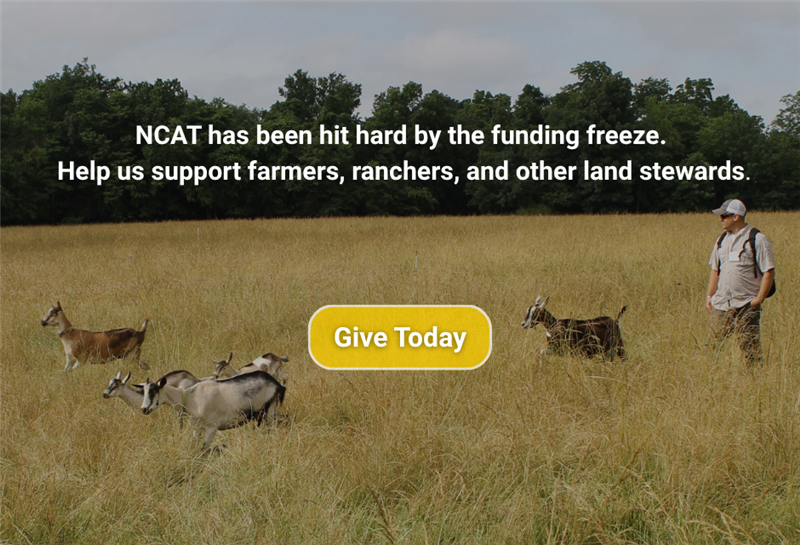Dolores Miller
Located in Bandon, Oregon, Miller Ranch has been in the Miller family since 1886. They have 300 acres in production and raise sheep, wool, and timber. As Dolores Miller prepares to fully take over the day-to-day management, her journey has been full of learning about sustainable agriculture practices and connecting with nature to overcome barriers.
Dolores’s personal connection to conservation practices stems from being part of a Native American family that shares a similar philosophy about land stewardship. She has worked on a variety of sustainable agriculture projects and is very involved with the Sand County Foundation, whose mission is to grow the number of landowners to ethically manage natural resources by supporting, rewarding, and removing barriers to facilitate peer-to-peer learning. It was the Foundation’s resources and the drought that made a huge impact on Dolores’s ranching philosophy. She explained that they had to “make changes to survive.” Currently, they have 180 sheep with which they practice rotational grazing and focus on other sustainable practices related to the conservation of water systems.
Dolores described how growing up low-income at the ranch has been a challenge. When her grandfather managed the land, social stigmas about being Native American contributed to “generational poverty.” Dolores’s parents and grandparents had to work full-time jobs and ranch on the side to make ends meet. Currently, Dolores also works at a hospital but is preparing to retire and ranch full-time. Despite being busy with her day job, she has been able to make notable progress by working to update the ranch’s aging infrastructure and recordkeeping system. They have set up a water tank to store water and a rain-collection system that collects rain during the winter. This water can then be used during the summer drought. Dolores explained that implementing sustainable and conservation practices has had a ripple effect on their production and financial success. They have also received USDA grant assistance for transportation and feed, and valuable information through Extension offices.
While these organizations have been tremendously helpful, Dolores says there is still a lack of knowledge in her area, especially for small-scale BIPOC farmers and ranchers. In addition, accessing these resources is a challenge for small producers who are often wary of being involved in government programs. Dolores believes there are a lot of people who would benefit from these programs, and organizations can diversify the way they promote them, such as running ads in the local paper and being more available to provide technical assistance. There are a lot of barriers to farming. By addressing the lack of knowledge about sustainable practices and financial-aid programs with success stories, people can see the benefits and would be more willing to apply for these programs and learn new practices.

